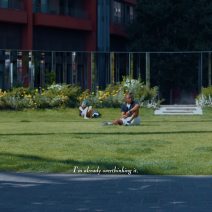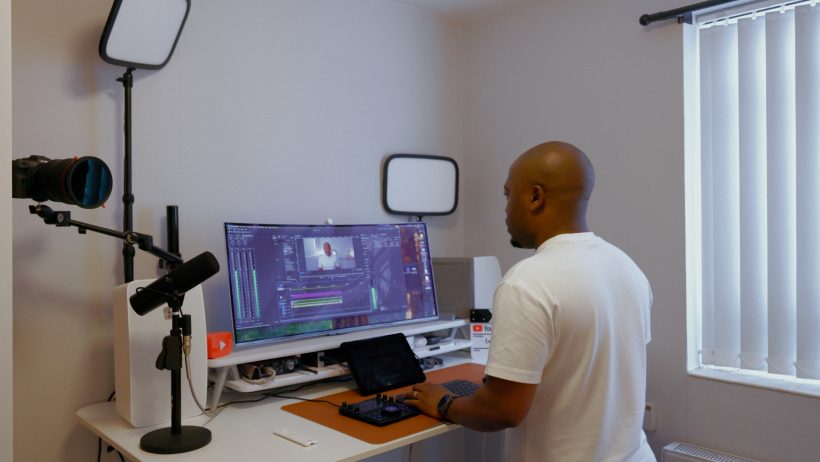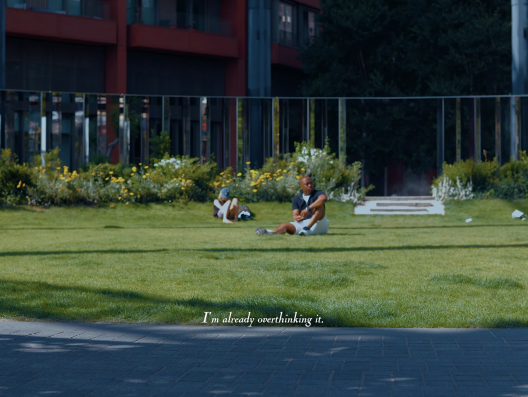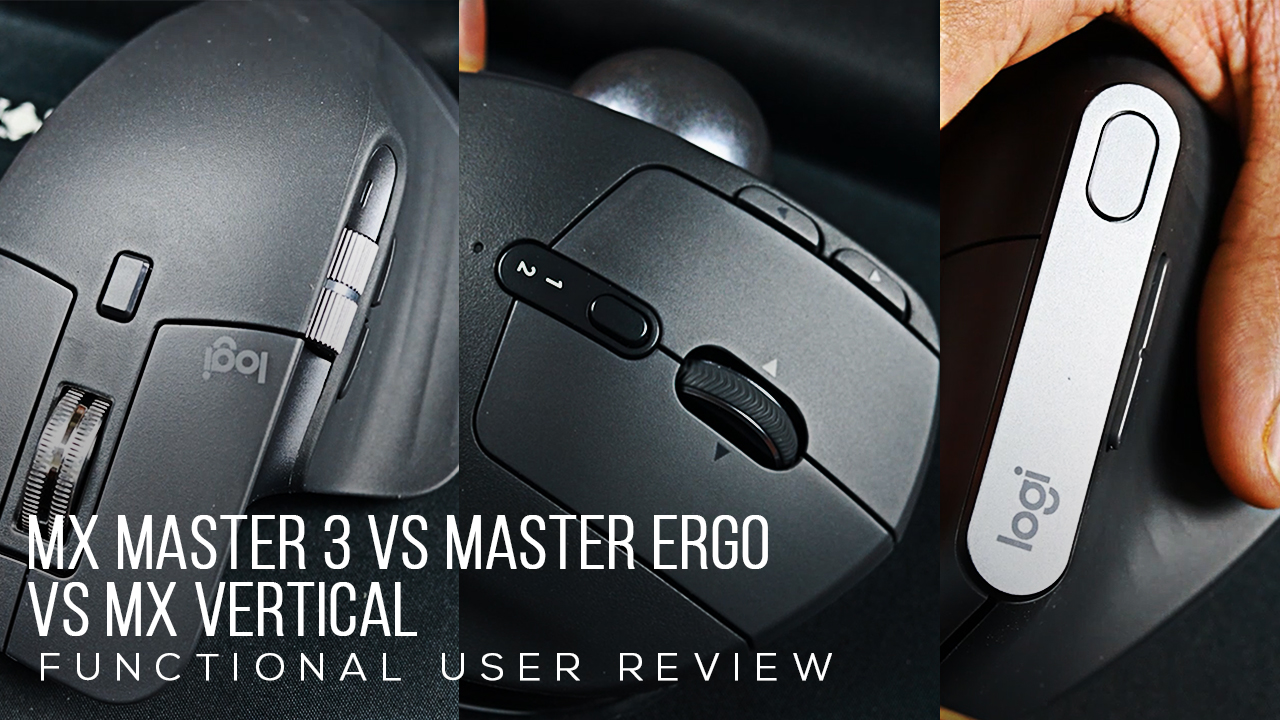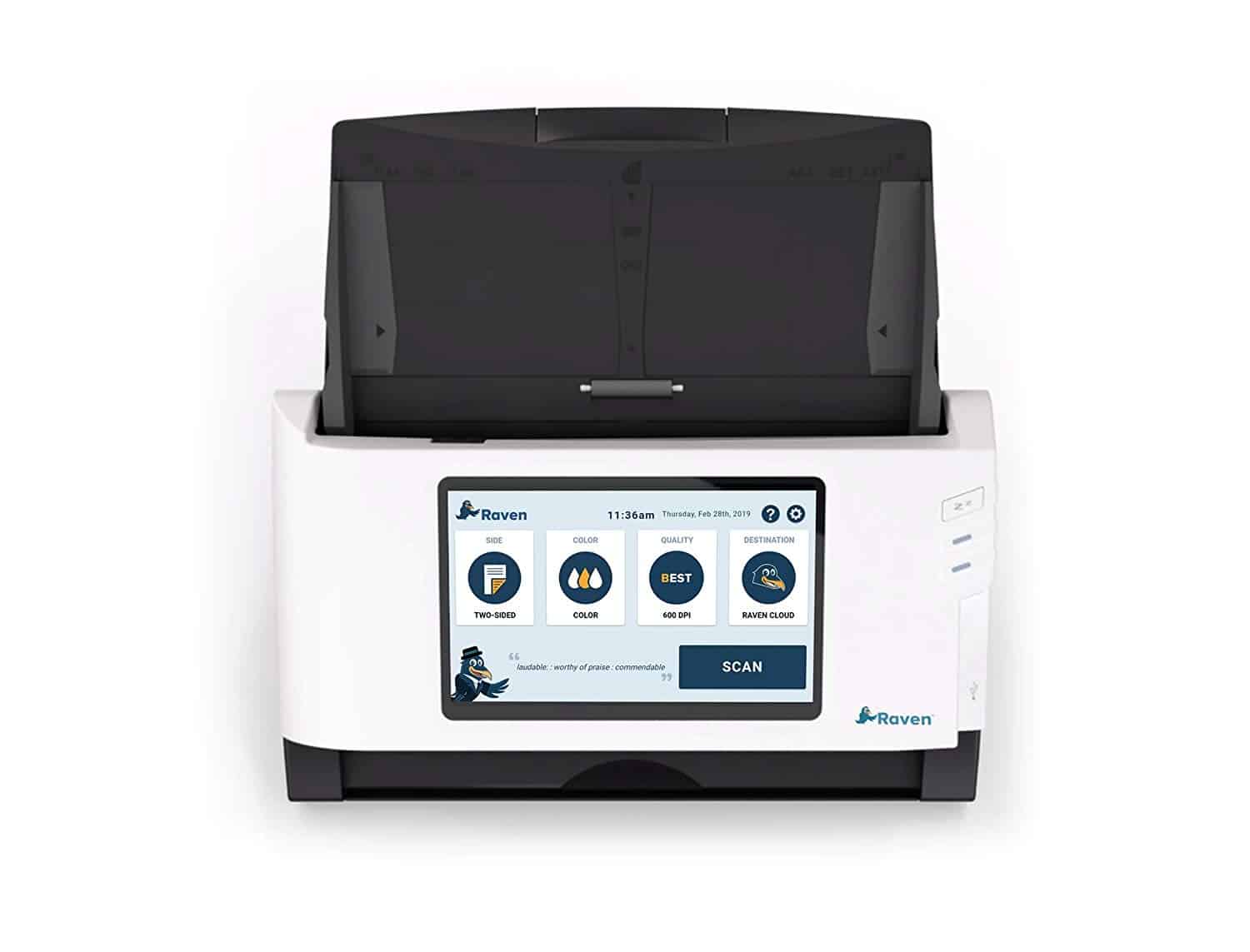When people think about video production, they picture cameras, lights, editing software — the technical stuff. And yes, those skills matter. But anyone who has sat in the seat of a Video Production Manager knows the real core of the role is something less obvious: adaptability.
Not just pivoting between tasks, but shifting entire mindsets at a moment’s notice. One day you’re deep in social content strategy. The next, you’re documenting a live event. By Friday, you’re editing training modules for an educational platform. Same job title, completely different worlds.
Why adaptability matters
Every company wants video. But the “why” behind that video changes constantly:
- Marketing needs polished assets to drive campaigns.
- Sales wants short clips that close deals.
- Events require live documentation — quick, reactive, and authentic.
- Education asks for clarity and structure, often with zero tolerance for fluff.
Each of those contexts demands not just a different output, but a different way of thinking. A Video Production Manager doesn’t just execute — they switch gears, reshape priorities, and make it all move forward without slowing the company down.
The role no one sees
To an outsider, the output looks simple: a finished video on LinkedIn, a highlight reel from the event, an onboarding module that makes sense.
What they don’t see is the hidden translation work in between.
- Taking abstract marketing goals and turning them into scripts that feel human.
- Managing the unpredictability of live events — shifting shot lists on the fly.
- Explaining to a busy exec why the “quick two-minute video” actually takes a week to produce.
It’s part creative, part logistics, part diplomacy. And none of it works without adaptability.
The weight of switching lanes
Adaptability isn’t glamorous. It’s exhausting.
Every context switch costs mental energy. You’re recalibrating tone, audience, and expectations daily. It means letting go of perfection when the event schedule runs late. It means resisting the urge to make an educational video look like a cinematic ad — because clarity matters more than style in that moment.
And it means being okay with the fact that no one role definition will ever capture what you do.
The company’s “drop of a hat” operator
In most organisations, there are specialists — people who go deep in one area. But a Video Production Manager is often the opposite. We’re generalists in the trenches. The person who moves projects forward at the drop of a hat.
That doesn’t mean “jack of all trades, master of none.” It means being fluent in shifting between trades. Knowing when to lean on artistry and when to prioritise speed. When to push for quality and when to ship fast because the business needs it.
Why it matters for growth
Scaling companies run on momentum. Slow down in one area, and the ripple effect can hit everything from product launches to employee morale.
That’s why adaptability in video production isn’t just a “nice to have.” It’s a growth lever. When video flows smoothly across marketing, sales, education, and events, the company’s story flows too.
And the person making that flow happen? More often than not, it’s the Video Production Manager — quietly adapting, shifting, and carrying the creative load that keeps the narrative alive.
The takeaway
Video is never just video. It’s marketing one day, memory-making the next, education the day after.
The missing piece in understanding the role of a Video Production Manager is this: technical skill and creative vision are only half the story. Adaptability is the real engine.
Because in the end, the job isn’t about holding a camera or editing a timeline. It’s about holding a company’s story together — no matter which form it needs to take.

